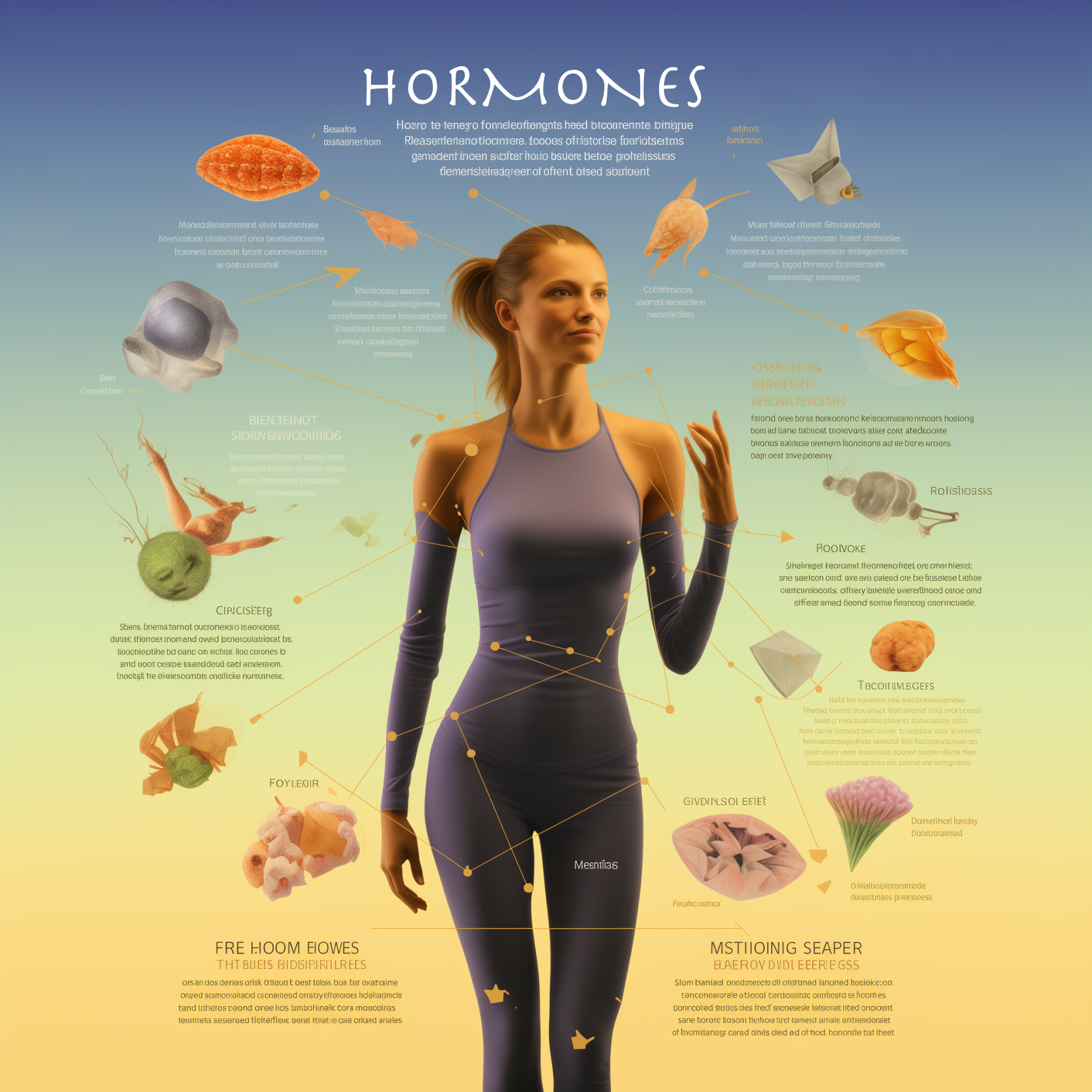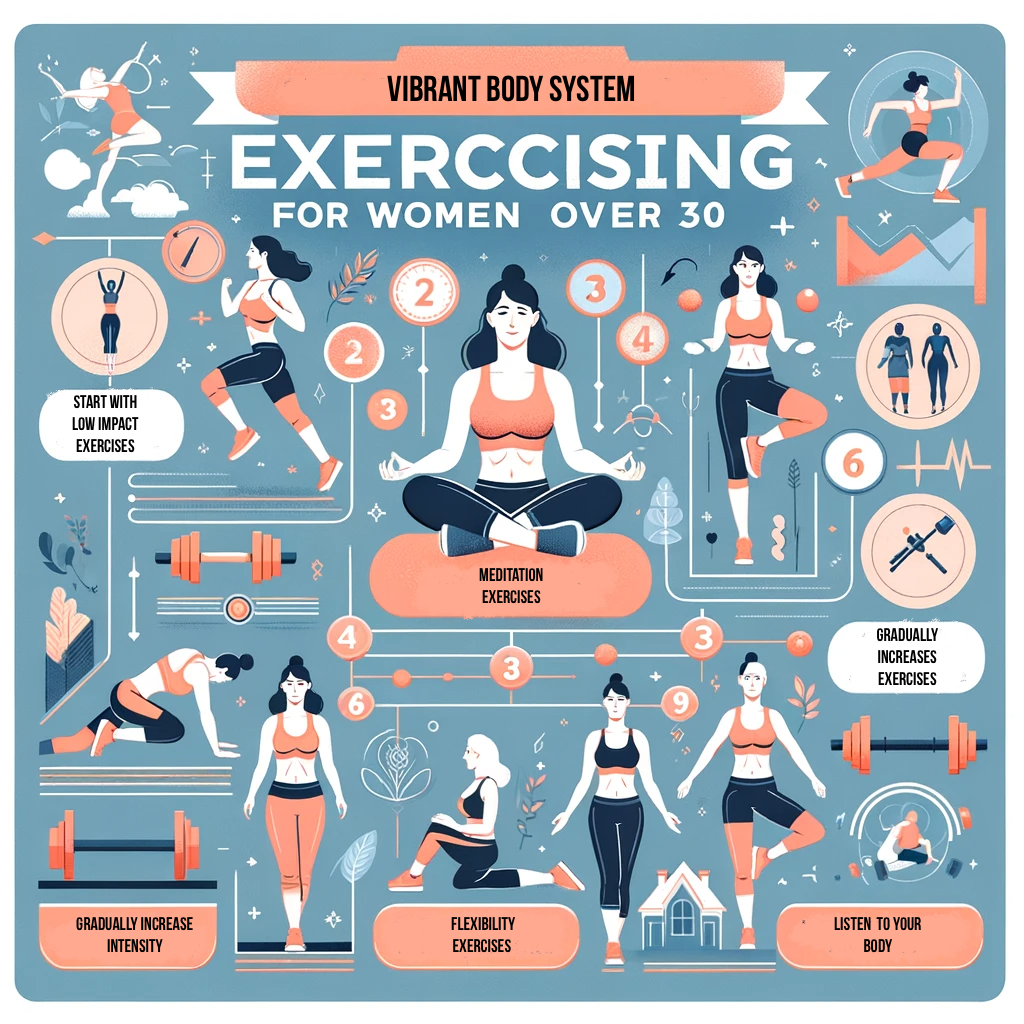Are you tired of trying every fad diet and exercise routine out there, only to see little to no results? It's time to revolutionize your weight loss journey and finally achieve the body you've always wanted. With the right mindset, tools, and strategies, you can make sustainable changes to your lifestyle that will lead to long-term success.
First and foremost, it's important to understand that weight loss is not a one-size-fits-all approach. What works for one person may not work for you, and vice versa.

If your on the go, try listening to us on our podcast
That's why it's crucial to find a personalized plan that takes into account your individual needs, preferences, and goals. Additionally, it's important to approach weight loss from a holistic perspective, focusing on not just what you eat and how you exercise, but also your sleep habits, stress levels, and overall lifestyle factors.
Understanding Your Body

Metabolism Fundamentals
To revolutionize your weight loss journey, you must first understand how your body works. Metabolism is the process by which your body converts food into energy. It is the sum of all chemical reactions that occur in your body to keep you alive and functioning. Your metabolism is influenced by several factors, including age, gender, body composition, and physical activity level.

Deeper reading about hormones
The two main components of metabolism are catabolism and anabolism. Catabolism is the breakdown of complex molecules into simpler ones, releasing energy in the process. Anabolism, on the other hand, is the synthesis of complex molecules from simpler ones, requiring energy.
Your basal metabolic rate (BMR) is the number of calories your body burns at rest to maintain basic bodily functions such as breathing and circulation. It is influenced by your body composition, with muscle mass being more metabolically active than fat mass.
The Role of Genetics
Genetics also play a role in your weight loss journey. Some people may have a genetic predisposition to obesity or a slower metabolism, making it more difficult to lose weight. However, genetics do not determine your fate. You can still make lifestyle changes to improve your health and achieve your weight loss goals.
It is important to remember that weight loss is not just about the number on the scale. It is about improving your overall health and wellbeing. By understanding your body and making sustainable lifestyle changes, you can revolutionize your weight loss journey and achieve long-term success.
Nutrition Essentials

Balanced Diet Importance
One of the most important factors in achieving your weight loss goals is maintaining a balanced diet. A balanced diet consists of consuming a variety of foods from each food group in the right proportions. This includes fruits, vegetables, whole grains, lean proteins, and healthy fats. Each food group provides essential nutrients and vitamins that your body needs to function properly.

A great article to read for another weapon for balanced diet
By consuming a balanced diet, you can ensure that your body is getting the nutrients it needs to support your weight loss journey. Eating a variety of foods can also help prevent boredom and keep you motivated to stick to your diet plan.
Hydration and Weight Loss

Drinking enough water is essential for weight loss. Water helps flush toxins out of your body and aids in digestion. In addition, drinking water can help you feel full and reduce your appetite, which can help you consume fewer calories throughout the day.
It is recommended that you drink at least eight glasses of water per day. If you find it difficult to drink plain water, try adding some lemon or lime for flavor. You can also consume other fluids such as herbal tea or low-calorie drinks to stay hydrated.
Maintaining a balanced diet and staying hydrated are essential for achieving your weight loss goals. By incorporating these nutrition essentials into your daily routine, you can support your body's needs and increase your chances of success.
Exercise Impact

Cardio Versus Strength Training
When it comes to weight loss, both cardio and strength training can make a significant impact. Cardio, such as running or cycling, can help you burn calories and fat quickly. It's an excellent way to get your heart rate up and improve your cardiovascular health. Strength training, on the other hand, can help you build muscle, which can increase your metabolism and help you burn more calories at rest.

While both forms of exercise are beneficial, it's important to note that they have different effects on your body. Cardio is great for burning calories, but it doesn't build muscle. Strength training, on the other hand, can help you build muscle, but it doesn't burn as many calories as cardio. Therefore, it's recommended to incorporate both forms of exercise into your routine for optimal results.
Consistency Over Intensity
When it comes to exercise, consistency is key. It's better to exercise regularly at a moderate intensity than to push yourself too hard and risk injury or burnout. Consistency is what will help you see results over time.
It's also important to find an exercise routine that you enjoy. If you hate running, don't force yourself to do it. Find an activity that you enjoy, whether it's dancing, hiking, or swimming, and make it a regular part of your routine. This will help you stay motivated and committed to your weight loss journey.
In summary, both cardio and strength training can have a significant impact on your weight loss journey. It's important to incorporate both forms of exercise into your routine and focus on consistency over intensity. Find an activity that you enjoy and make it a regular part of your routine to help you stay motivated and committed to your goals.
Psychological Aspects

Losing weight is not just about eating less and exercising more. The psychological aspects of weight loss are just as important as the physical ones. In this section, we'll explore the key psychological factors that play a role in your weight loss journey.
Mindset and Motivation
Your mindset and motivation are critical to your success in losing weight. Having a positive and determined mindset can help you stay focused on your goals and overcome obstacles along the way. Here are some tips to help you develop a winning mindset:
- Set realistic goals: Start with small, achievable goals and work your way up. This will help you build momentum and confidence.
- Visualize success: Imagine yourself at your ideal weight and focus on how good it feels. This can help you stay motivated and on track.
- Celebrate progress: Take time to acknowledge and celebrate your progress along the way. This will help you stay positive and motivated.
Managing Stress and Sleep
Stress and lack of sleep can sabotage your weight loss efforts. When you're stressed, your body releases cortisol, a hormone that can increase your appetite and promote fat storage. Lack of sleep can also disrupt your metabolism and make it harder to lose weight. Here are some tips to help you manage stress and sleep:
- Practice relaxation techniques: Try deep breathing, meditation, or yoga to help reduce stress.
- Get enough sleep: Aim for 7-8 hours of sleep each night to help regulate your metabolism and reduce stress.
- Stay organized: Plan your day and prioritize your tasks to help reduce stress and improve sleep quality.
By focusing on these key psychological factors, you can revolutionize your weight loss journey and achieve your goals. Remember, weight loss is not just about the number on the scale, it's about feeling healthy, confident, and happy in your own skin.
Monitoring Progress

Tracking your progress is an essential part of any weight loss journey. It helps you stay motivated, identify areas for improvement, and celebrate your successes. Here are some tips for monitoring your progress effectively.
Setting Realistic Goals
Before you start tracking your progress, it's important to set realistic goals. Setting unrealistic goals can be demotivating and lead to disappointment. Instead, set small, achievable goals that you can work towards. For example, aim to lose 1-2 pounds per week or to exercise for 30 minutes a day. As you achieve these goals, you can set new ones that are slightly more challenging.
Tracking Methods
There are many ways to track your progress, including:
- Weighing yourself: Weigh yourself once a week at the same time of day to track your weight loss progress.
- Measuring your body: Measure your waist, hips, arms, and thighs to track changes in your body composition.
- Keeping a food diary: Write down everything you eat and drink to track your calorie intake.
- Using a fitness tracker: Use a fitness tracker to monitor your daily activity and track your workouts.
- Taking progress photos: Take photos of yourself every few weeks to see your physical progress.
It's important to choose a tracking method that works for you and that you can stick to. Consistency is key when it comes to tracking your progress.
By setting realistic goals and using effective tracking methods, you can monitor your progress and stay motivated on your weight loss journey. Remember to celebrate your successes along the way and don't be too hard on yourself if you experience setbacks.
Until Next, Stay Vibrant!
~ Olivia






